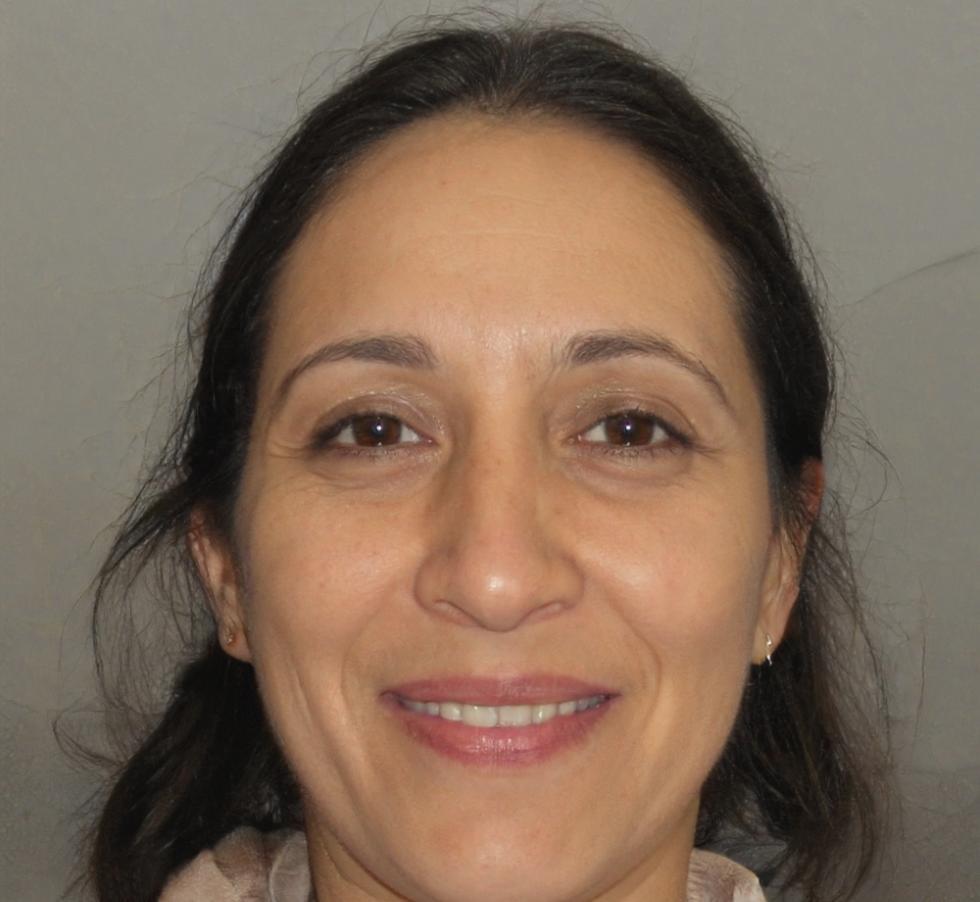Real People, Real Progress
You know what's interesting about emotional investing success? It's never about the strategies alone. It's about the moment when someone finally stops fighting their own psychology and starts working with it instead.
Sarah Kempworth has been guiding people through this transformation since 2018. She's seen the breakthroughs, the setbacks, and those quiet victories that happen when someone finally gets their emotional relationship with money figured out.
These stories aren't polished testimonials. They're real accounts from people who decided to change how they approach investing - and discovered that the biggest obstacles were often the ones they couldn't see.


